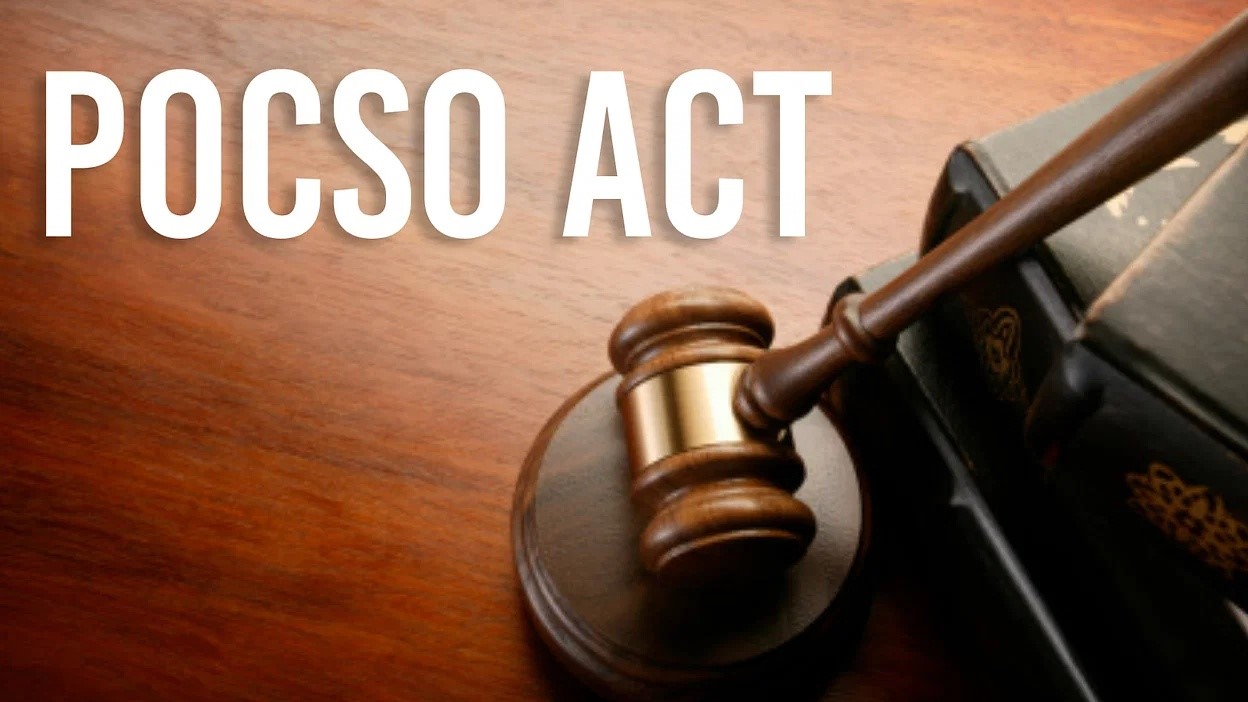AGE OF CONSENT UNDER POCSO

Copyright infringement not intended
Picture Courtesy: www.barandbench.com
Context: The Law Commission has advised against lowering the age of consent, which is currently set at 18 years under the POCSO Act. The Commission believes that reducing the age of consent would have negative consequences, particularly in relation to child marriage and child trafficking.
Key Highlights
- The Law Commission acknowledges that there may be situations where children aged between 16 and 18 years may not provide explicit consent but may give tacit approval to certain actions. In such cases, the Commission suggests that amendments to the POCSO Act are necessary to address these nuances.
- The Commission emphasizes the need for a balanced approach in cases involving "adolescent love," where there may be a lack of criminal intention. It advises the courts to exercise caution and discretion in such cases.
- The Commission proposes the introduction of "guided judicial discretion" when it comes to sentencing in cases involving tacit approval by minors aged 16 to 18. This approach would allow judges to consider the circumstances and severity of each case individually, rather than applying the same severity as in cases involving younger children.
|
Age of consent under the Protection of Children from Sexual Offences (POCSO) Act ●Enacted in 2012, the POCSO Act primarily aims to safeguard children from sexual abuse and exploitation. The Act sets forth the legal framework for addressing and preventing sexual offences against minors. ●As of the Act's enactment, the age of consent was fixed at 18 years. This means that sexual activities with a minor under the age of 18, regardless of consent, are considered illegal. ●The POCSO Act prescribes stringent penalties for offenders, including imprisonment, for various forms of sexual offences against children. These penalties are meant to act as a deterrent against child sexual abuse. |
Conclusion
- The Law Commission's recommendations seek to strike a balance between protecting minors from sexual offences while also recognizing the complexities of cases involving older adolescents and their ability to provide informed consent. The proposed guided judicial discretion aims to ensure a more nuanced approach to sentencing in such cases.
Must Read Articles:
CHILD MARRIAGE: https://www.iasgyan.in/daily-current-affairs/child-marriage-45#:~:text=India%27s%20age%20of%20consent%20for,from%2010%20to%2012%20years.
POCSO ACT: https://www.iasgyan.in/daily-current-affairs/pocso-act-42
Law Commission: https://www.iasgyan.in/daily-current-affairs/law-commission-39
|
PRACTICE QUESTION Q. What are the prevailing socio-cultural factors that continue to fuel child marriage in India, and what policy and community-based interventions can be implemented to combat this deeply entrenched practice and protect the rights of children? |




1.png)
